The Indian school Education System is one of the largest in the world with nearly 14.89 lakh schools, 26.52 crore children, more than 95 lakh teachers and nearly 26.52 Crore students of pre-primary to higher secondary level from varied socio-economic backgrounds from both urban and rural area. (Source: UDISE 20-21).
Rural education shares big portion in India’s school education with 18.48 crore children studying in 12.34 lakh schools.
Rural education assumes a pivotal role in addressing several of India's critical challenges. The state of rural education serves as a defining measure of a nation's progress and development.
Gross Enrolment ratio (GER) is increasing trend year on year. For primary 104.8% in 21-22 compared to 101.3% in 18-19. On the one hand, schooling is continuously improving, on the other hand, the situation with learning basic reading and math skills have remained persistently low over the years.
The Problem
In rural areas, the educational landscape faces a critical challenge: According to the ASER 2022 report, only 42.8% of grade V students can read at a grade II level, and a mere 25.6% can perform division. As we navigate the dynamic 21st century, it's clear that our future workforce demands skills that transcend foundational literacy and numeracy (FLN).
However, the current state of education presents significant obstacles. Shockingly, more than 21% of schools lack access to even a basic library, depriving students of essential resources for learning and exploration. Furthermore, an alarming 77% of schools lack proper computer facilities, impeding students from acquiring vital digital literacy skills.
We recognize the pressing issues that rural schools face, including insufficient physical and educational infrastructure, a shortage of well-trained teachers, imbalanced learner-educator ratios, and various other obstacles. These factors collectively contribute to the unfortunate lack of quality education in rural areas.
The education system in rural India needs of immediate attention and transformation.

StudyMall draws inspiration from the concept of shopping malls, bringing modern education under a single roof. As part of the StudyMall initiative, we collaborate closely with school authorities, parents, village committees, and other social enterprises. Our collective goal is to revolutionize village schools into contemporary learning hubs.
Through a fusion of physical, digital infrastructure and trained fellows, StudyMall is dedicated to equipping children with the essential skills they need for 21st-century education. By leveraging collaborative efforts, we strive to create an environment where students can thrive and excel in a rapidly evolving world. Together, we are shaping the future of education in rural communities, one innovative step at a time.
Some of our school programs
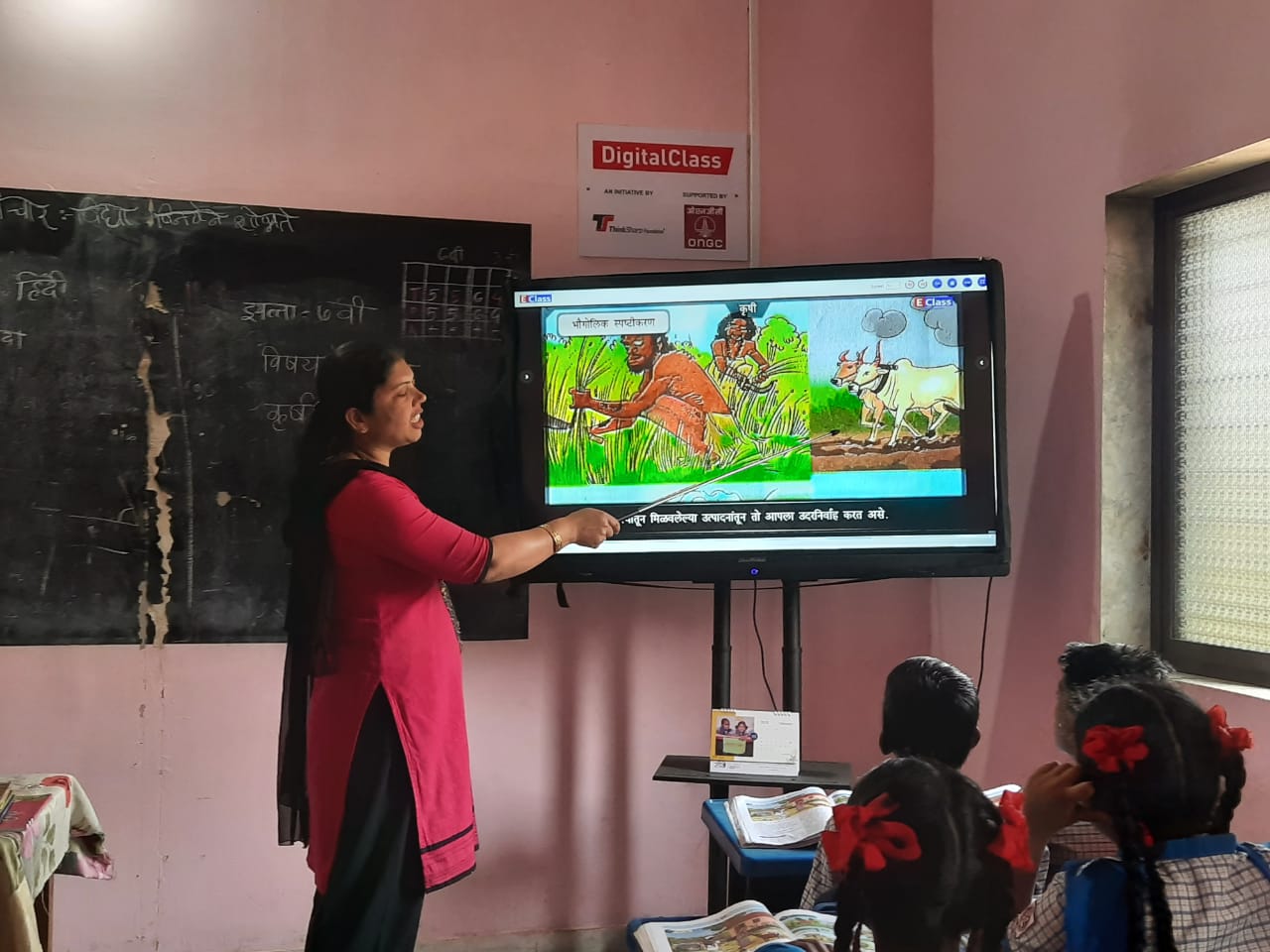
Digital Class
Thinksharp Foundation, under the StudyMall program, introduces the Digital Class initiative to provide quality education through multimedia/digital learning in rural Government schools. Interactive digital/multimedia content facilitates easier learning, sparks curiosity, and fosters greater interest and participation in the classroom.
Our all-in-one Digital Class solution simplifies digital learning in rural schools, featuring a projector, TV, or Interactive board with an inbuilt Window/Android operating system.
Book Mitra
More than 50% of the children in Grade 5 in India cannot read at Grade 2 level. Children from rural areas and low-income environments often lack access to books. The library in school then becomes their sole resource for reading material.
Our modular library, known as Book Mitra, hangs on the wall and contains 30 to 35 richly illustrated children’s books. This setup provides children with invaluable physical proximity to printed books, encouraging them to read and fostering emotional and intellectual development. Our books are categorized according to Reading Levels 1 – 4, ranging from Emergent to Fluent, rather than by age.
The unique format of the library kits invites children to freely interact with storybooks attractively displayed on the wall, as opposed to being locked away in a cupboard. We also empower children with 21st-century skills such as communication, creativity, and collaboration through various activities, including reading, writing, storytelling, and role plays.
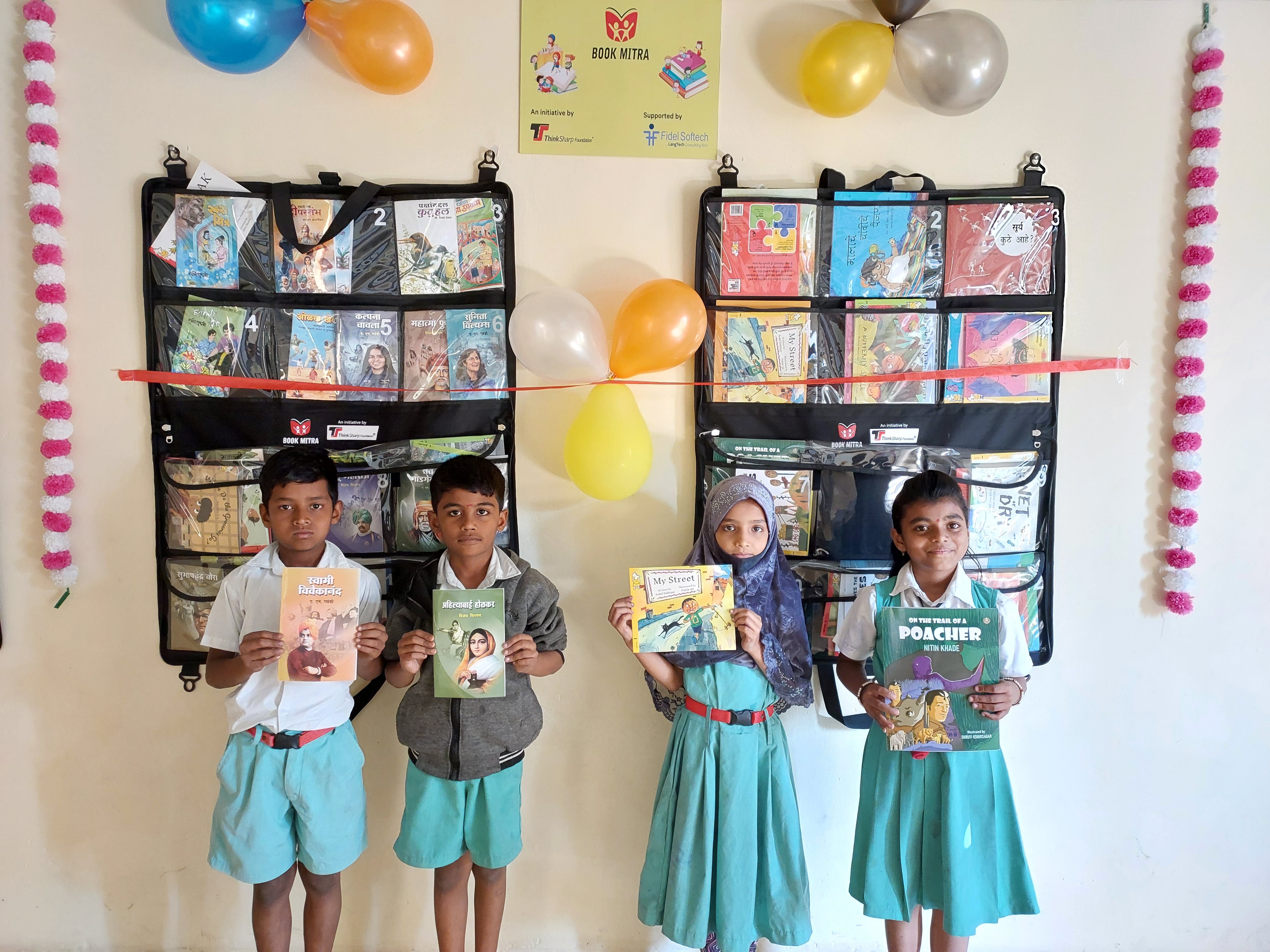
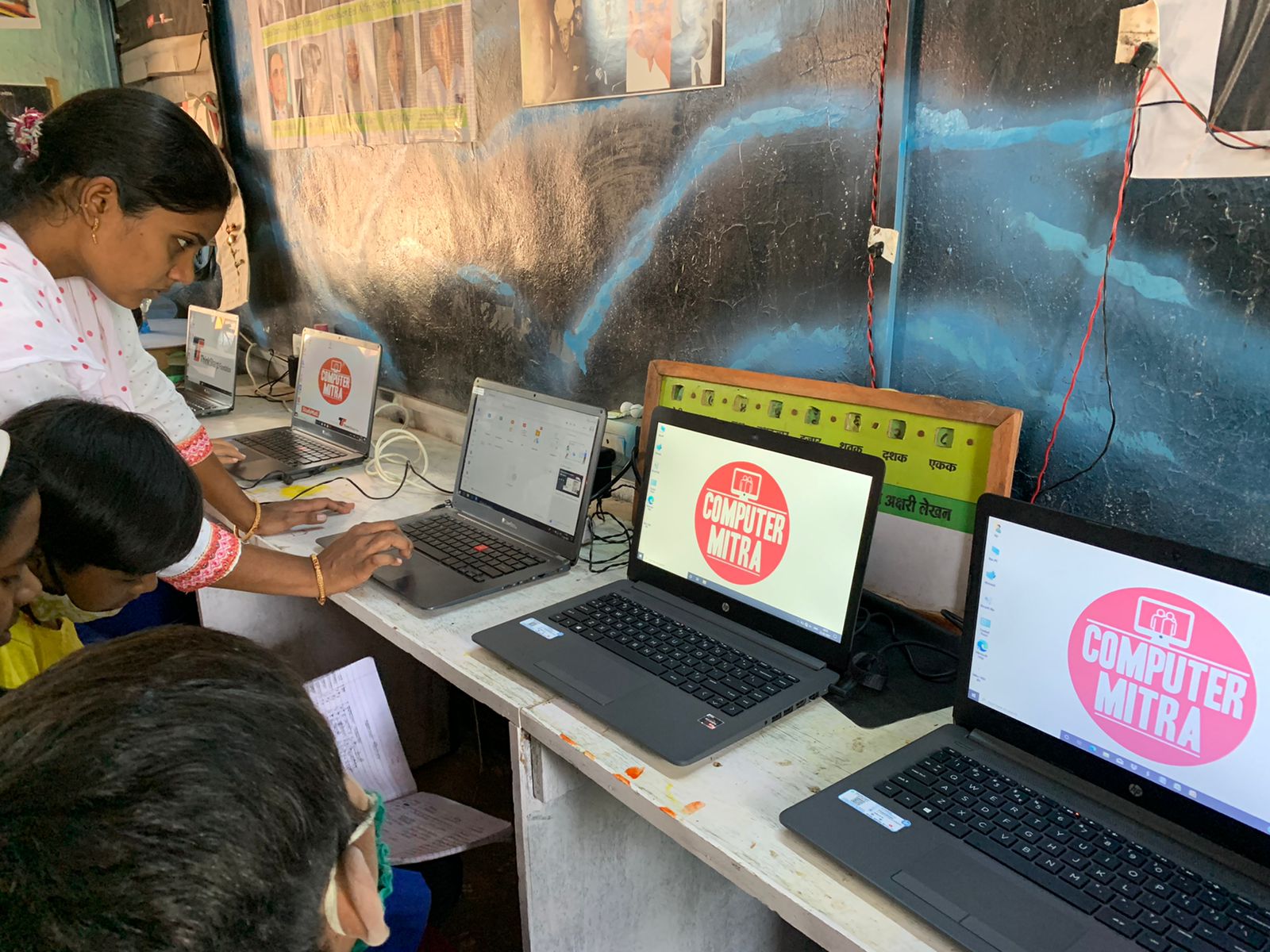
Computer Mitra
This program is designed to make every rural student (6th Std and above) enable with computer/IT skills to prepare them for 21st-century education. Learning computer is always a dream for rural children. Computer education is not available in rural schools as it should be. No special trainer, computer machines in schools, hence children do not have access to learn computer skills at school or at home.
With Computer Mitra program, now it has been made easy in rural schools to learn computer skills. Our trainer conducts the 3 to 4 months computer course which teaches computer education including basics of computer, history, operating system, MS office, Email, Paint, Typing, and coding. We also enable children with 21st-century skills such as communication, creativity, and collaboration through various activities using computer skills.
Solar Shala
Solar Shala is a program under the StudyMall project designed to transform rural schools with solar power. In rural areas, constant and reliable electricity is always a challenge, especially in schools where teachers use digital tools and electronic gadgets for teaching, lighting, and cooling purposes.
Schools face issues with electricity cut-offs due to non-payment of monthly charges, technical problems, especially in the rainy season and during load-shedding times. To overcome these problems, we have initiated the Solar Shala program, setting up solar power systems in rural schools to provide uninterrupted electricity, enabling schools to perform better.
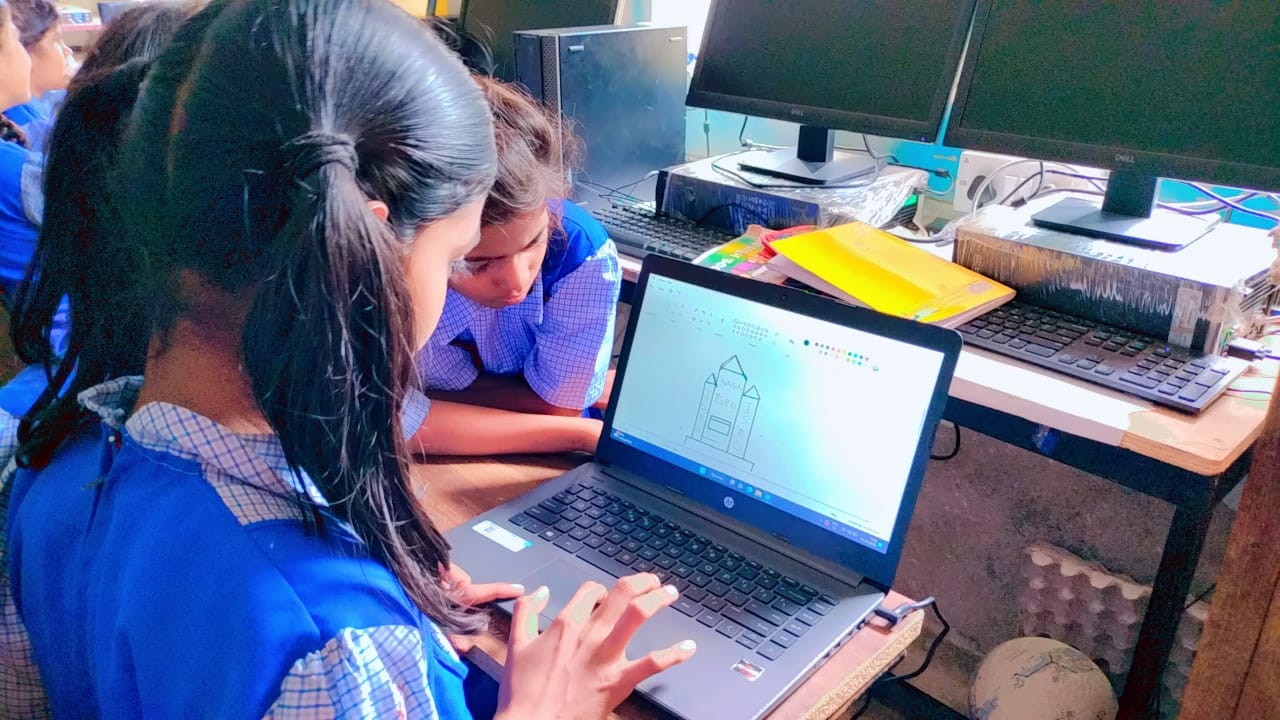
StudyFin
Poverty is one of the big reasons why children drop out from education. StudyFin project supports to financially disadvantaged children to pursue school education, vocational education and university courses. Special emphasis is for the girls who cannot pursue or have dropped out of the school due to financial constraints. StudyFin offers financial assistance.
We expect Commitment to share regular performance report as per our terms and conditions and desire to give back to society. Children who are beneficiaries of our project, after their desired progression in career, should invest in our project to further help other financially disadvantaged children in a similar manner.
Thinksharp Rural Fellowship
Through full time paid fellowship, we will enable every rural child with 21st century education skills. Fellow will engage for a period of two years in rural schools.
In short term, our fellows will work as instructor and in long term, our alumni will become a part of a larger community that will advocate and work towards improving the rural education. As on we have 11 fellows working in more than 25 schools in Maharashtra. Program is designed with support from TFIx (Tech For India)
Work During Pandemic
As a result of COVID-19, India was put into lockdown. Schools were closed, and most students had little or no access to technology, further disabling the chances for an online homeschooling system, thereby creating a gap in their learning.
Program Home School – Tablet / Smartphone with internet connectivity and selected educational and communication Apps to connect children back to the learning process. We provided 40 tablets, benefiting 110 children from two schools to learn online. We are using Mobile Device Management system to track the uses and control devices remotely to prevent misuse.
Program Digi Library - Digi Library is a free Android App that provides access to books to inculcate reading habits among children. This App offers books in PDF, Audio, and Video format and offers books in English, Marathi, and Hindi languages. Books are from various categories such as stories, STEM, history, biographies, poems, culture, and animal stories. The application already has 5000+ downloads across the country.
Vidyarath
StudyMall on a wheel aims to enable rural children with 21st-century skills. It is equipped with a computer lab to learn required ICT skills, STEM projects for Science, Technology, Engineering, and Math with a practical approach, and a library providing various books to inculcate reading habits.
This initiative will help children improve their digital and reading literacy, fostering curiosity for science and engineering concepts. Additionally, it aims to enhance their academic knowledge through STEM practical modules.
Currently Vidyarath visit four schools in near Pune. (One day one school)
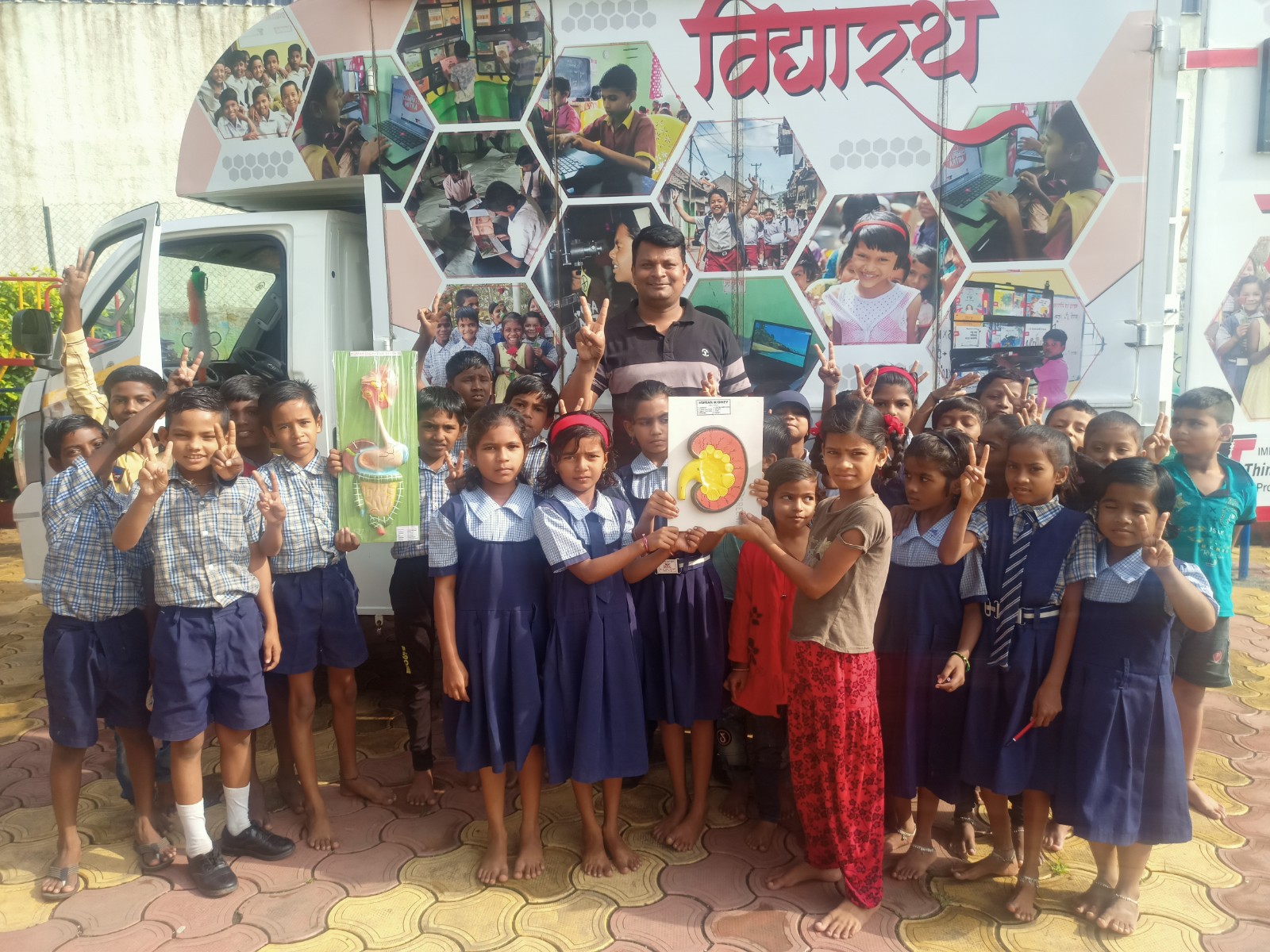
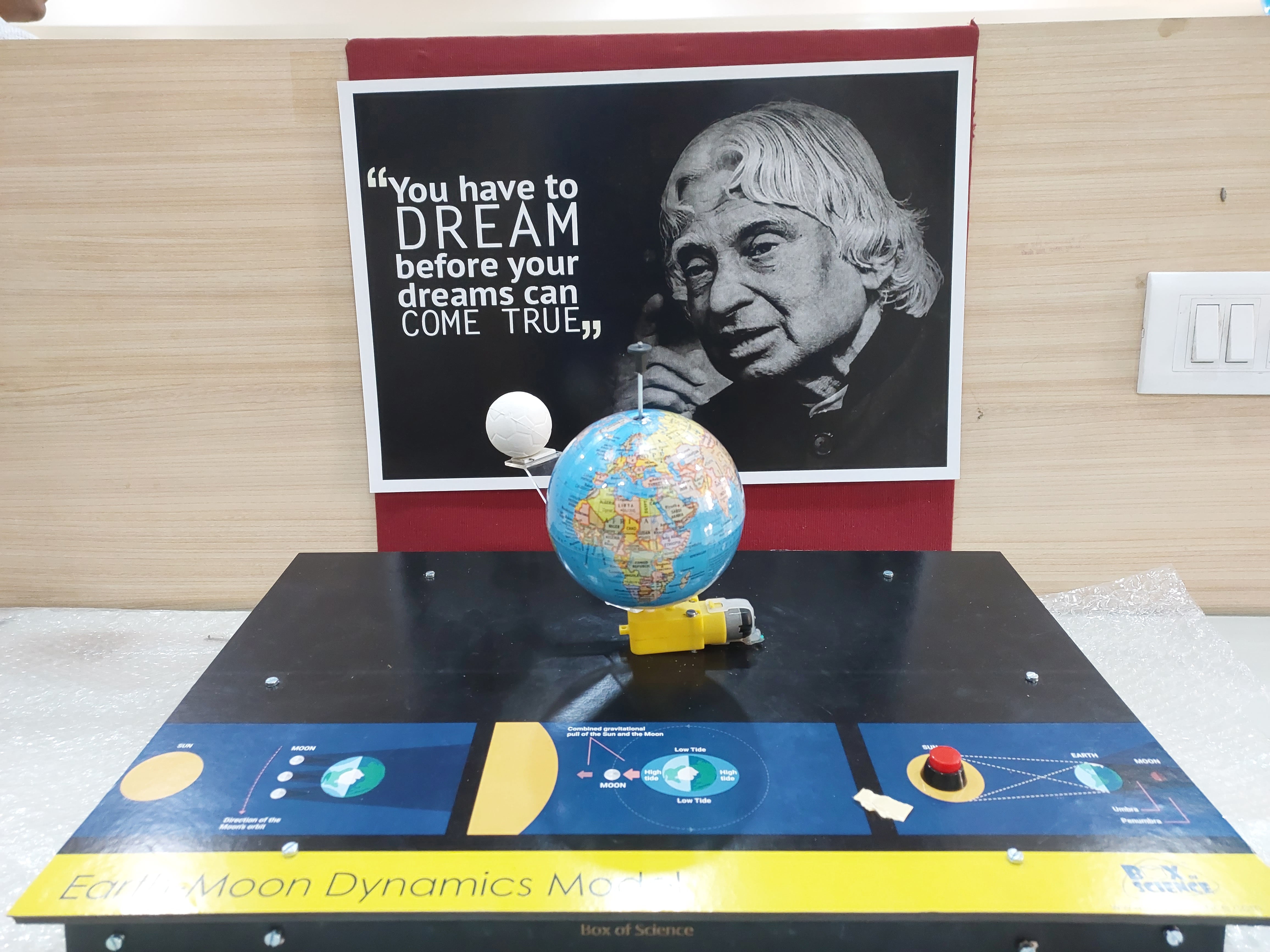
STEM Mitra
STEM Mitra (Science, Technology, Engineering, and Mathematics) education refers to an interdisciplinary approach to teaching and learning that focuses on integrating these four disciplines. STEM education programs aim to cultivate students' skills and knowledge in these areas, preparing them for future careers and fostering critical thinking, problem-solving, creativity, and innovation.
STEM education programs typically involve hands-on, inquiry-based learning experiences that encourage students to explore and apply concepts from science, technology, engineering, and mathematics. These programs often incorporate real-world challenges, projects, and experiments to engage students in practical problem-solving and develop their analytical and practical skills.